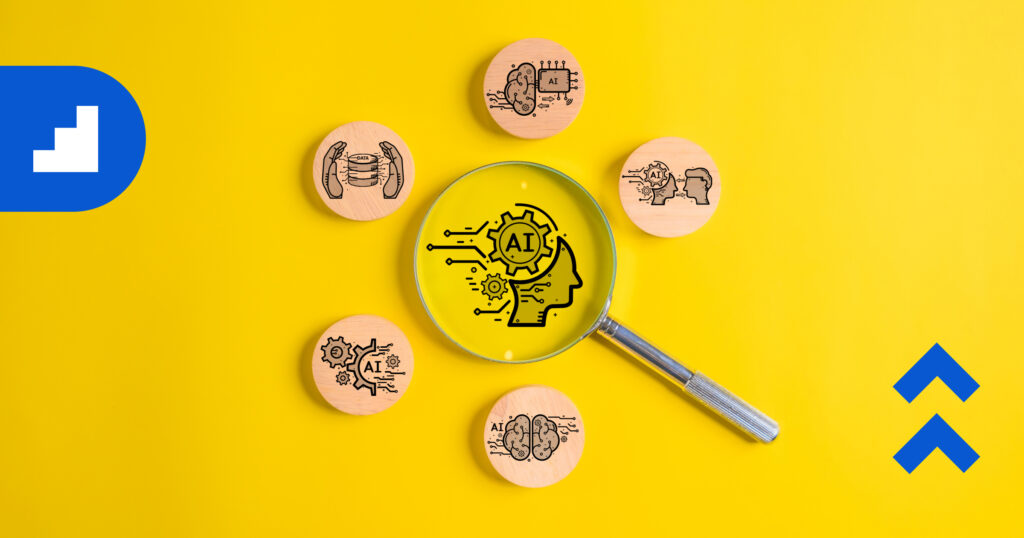
In my 10+ years as a consultant, I’ve seen the importance of revisiting ethical considerations in AI development. Our society and technology are constantly evolving, and outdated ethical frameworks won’t keep pace. Ignoring this is a ticking time bomb for companies, leading to potentially disastrous consequences. It’s crucial to review existing codes and, especially for those working on Generative AI, to explore all potential issues and push the boundaries of ethical responsibility.
Understanding the Importance of Responsible AI Development
At the heart of the AI revolution, as I mentioned in my first blog, lies the promise of innovation and progress. However, this promise comes with a caveat: the potential for unintended consequences. From perpetuating biases to eroding privacy rights, the ethical implications of AI development cannot be understated.
As businesses harness the power of AI to drive efficiency and insights, it is imperative that they do so responsibly. This entails not only considering the immediate benefits but also the long-term societal impacts of AI deployment. After all, true progress is not measured solely by technological advancements but by the positive impact they have on humanity as a whole.
Mitigating Bias: A Critical Imperative
One of the foremost ethical considerations in AI development is the mitigation of bias. AI algorithms, like their human creators, are susceptible to bias, whether implicit or explicit. Left unchecked, these biases can perpetuate inequalities and reinforce existing societal prejudices.
To combat bias in AI, organizations must adopt a multifaceted approach. This includes diversifying datasets, implementing bias detection algorithms, and fostering a culture of inclusivity within AI development teams. By actively addressing bias at every stage of the AI lifecycle, businesses can ensure that their systems are fair, equitable, and representative of diverse perspectives.
Don’t forget the power of diversity! Building AI with a team that reflects a variety of backgrounds, experiences, and perspectives is crucial. This fosters a wider range of ideas during development, leading to more robust and inclusive AI solutions that better represent the real world. In the context of AI development, diversity goes beyond surface-level characteristics. It encompasses a rich tapestry of factors that contribute to a well-rounded team:
- Demographic Diversity: This includes gender, ethnicity, race, age, and socioeconomic background. Diverse teams bring different life experiences and cultural understandings to the table, leading to a more comprehensive view of potential biases and real-world applications.
- Technical Expertise: Having a team with varied technical skill sets, from data scientists to software engineers and ethicists, ensures a holistic approach to AI development.
- Cognitive Diversity: This refers to different thinking styles and problem-solving approaches. Some team members might be strong in logical reasoning, while others excel at creative thinking. This diversity of thought sparks innovation and helps identify potential blind spots.
- Domain Expertise: Including individuals with deep knowledge of the specific field where the AI will be applied is essential. This ensures the AI is tailored to the unique needs and challenges of that domain.
One point that I would like to comment on is about Neurodiversity. Neurodiversity brings a unique perspective to the table in AI development. From exceptional focus and pattern recognition to outside-the-box thinking, individuals with autism, ADHD, and other neurodivergent conditions can be invaluable assets. Their strengths can enhance data analysis, uncover hidden biases, and spark creative solutions, but fostering a supportive and inclusive work environment is crucial to unlocking this potential.
By fostering a truly diverse team, you can create AI that is not only more effective but also more ethical and equitable.
Transparency and Explainability: Pillars of Trust
In the realm of AI, transparency and explainability are essential pillars of trust. Users and stakeholders must have a clear understanding of how AI systems make decisions and the factors that influence their outcomes. Without transparency, AI systems risk being perceived as opaque and unaccountable, eroding trust and undermining their adoption.
By prioritizing transparency and explainability in AI development, organizations can foster trust among users and stakeholders. This entails documenting the decision-making process, providing insights into algorithmic behavior, and enabling users to interrogate and challenge AI-generated outcomes. Through transparency, businesses can uphold their commitment to accountability and ethical integrity.
In my book “Ethics for Consultants”, I highlight the importance for transparency several times, not only for AI, but for everything if you want to create. The importance of the topic has been discussed by several expert groups on social media, universities, etc. , and you must address it in your company as well.
The Need for Responsible AI Practices
As we navigate the ethical terrain of AI, one thing becomes abundantly clear: responsible AI practices are not a luxury but a necessity. From bias mitigation to transparency and explainability, ethical considerations must be woven into the fabric of AI development from inception to deployment.
Organizations must prioritize the establishment of ethical AI frameworks and guidelines. These frameworks should outline clear principles for responsible AI development, encompassing ethical considerations, regulatory compliance, and risk mitigation strategies. By institutionalizing responsible AI practices within their organizations, businesses can pave the way for a more ethical and sustainable future.
The journey towards responsible AI development begins with a single step: action. As business consultants, it is incumbent upon us to guide organizations in building ethical AI frameworks and ensuring responsible implementation.
Let’s work together to create a future where AI promotes innovation and respects fairness, equity, and human dignity. Although the journey may be tough, we can build a world where AI genuinely benefits everyone with dedication and determination.
Contact me today for a free consultation!
